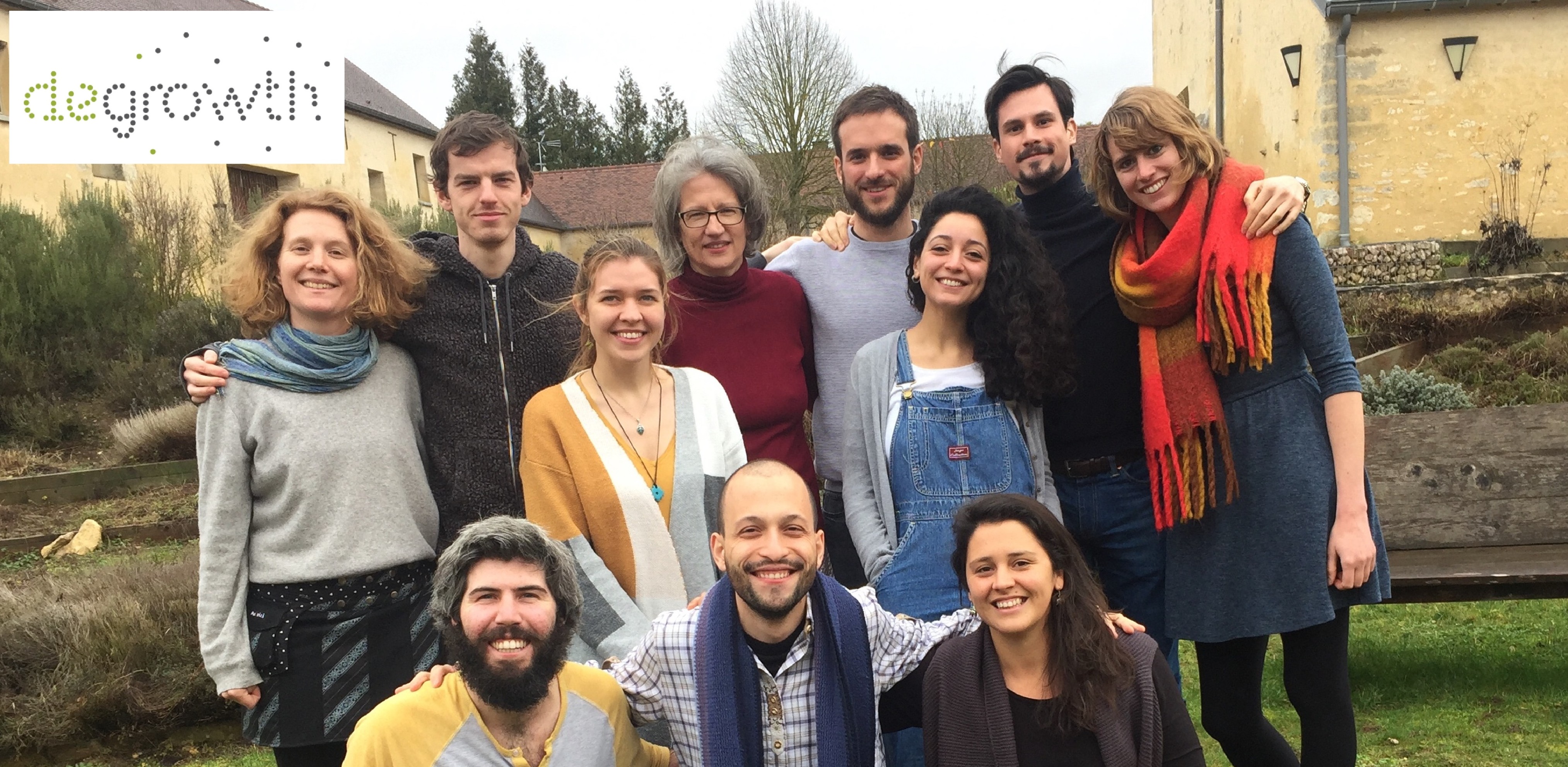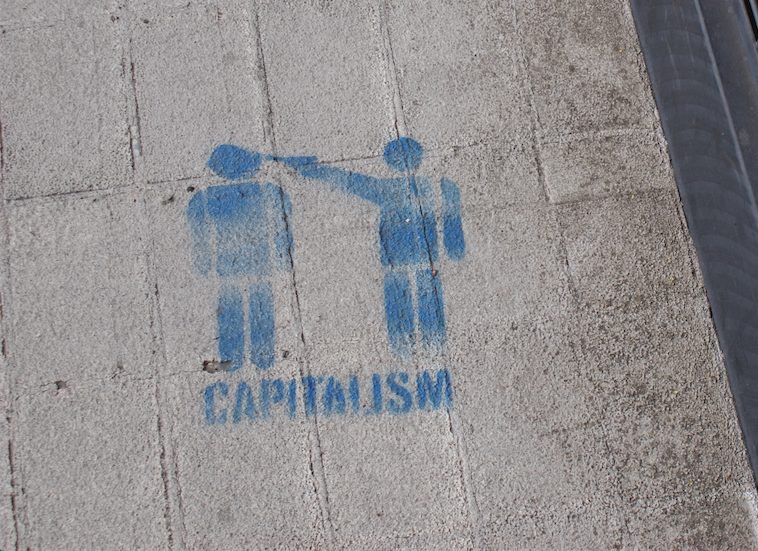The next International Degrowth Conference for Ecological Sustainability and Social Equity will start on the 30th of August 2016 in Budapest. To take actively part in the conference one can now follow the call for special sessions or one of the the other calls yet to come.
There are two special session formats one for “academic special sessions” and one for “degrowth-in-action special sessions”. Other calls will be one for academic papers and calls for other activities which will be happening during the conference and the degrowth week.
> The call
We live in troubling times that require bold ideas and transformative solutions. For many ‘degrowth’ has become the beacon of hope that shines through the darkness, illuminating our path forward. With your help, ‘degrowth.info’ will make this light shine as bright as possible. Please support our efforts via our crowdfunding campaign. Dear friends, amigas, prijateljice, copines, přátelé, Fr...

When the BBC asked me if I would participate in a debate panel on climate change, capitalism and democracy, I first panicked and then said yes. All I really wanted to do this week was finish up and (re)submit some research I started a long time ago. This research shows that, despite their massive growth, energy and carbon emissions cannot (statistically) explain improvements in international li...

This article is written by Claudia Gómez-Portugal in the scope of the Stream towards Degrowth. As a Mexican activist and promoter of social change she founded the organization SAKBE – Commons for Social Change and the Free Learning Communities for Life Initiative – and commits herself to developing communication strategies for social change, effective participation, [...]